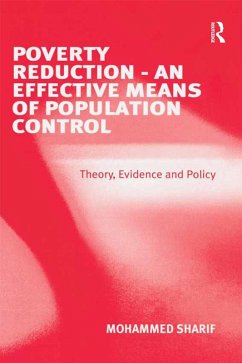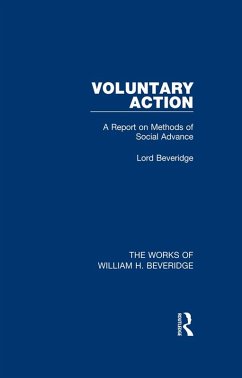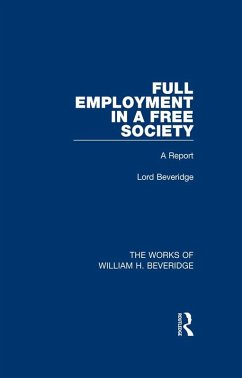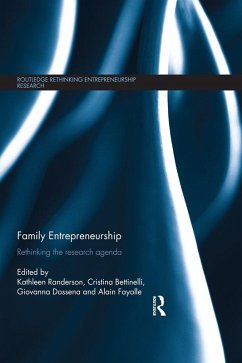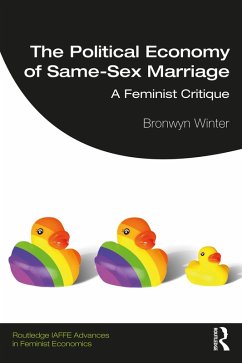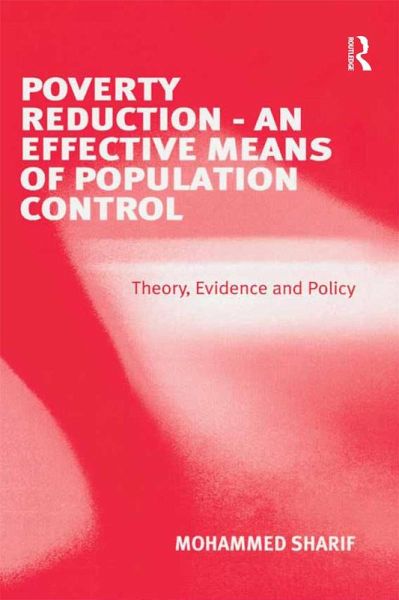
Poverty Reduction - An Effective Means of Population Control (eBook, ePUB)
Theory, Evidence and Policy
Versandkostenfrei!
Sofort per Download lieferbar
51,95 €
inkl. MwSt.
Weitere Ausgaben:

PAYBACK Punkte
26 °P sammeln!
This book contends that high fertility is rational in that it achieves short term economic benefit and long term old age-support for families. Wider macroeconomic effects are not the concern of the individual family. This means that the fertility choices of the poor are not a result of ignorance. The objective of this book is to drive home the fact that it is poverty that is responsible for high fertility and that until the problem of poverty is effectively dealt with the problem of high fertility will continue to persist. The book concludes with a series of policy recommendations for the erad...
This book contends that high fertility is rational in that it achieves short term economic benefit and long term old age-support for families. Wider macroeconomic effects are not the concern of the individual family. This means that the fertility choices of the poor are not a result of ignorance. The objective of this book is to drive home the fact that it is poverty that is responsible for high fertility and that until the problem of poverty is effectively dealt with the problem of high fertility will continue to persist. The book concludes with a series of policy recommendations for the eradication of poverty.
Dieser Download kann aus rechtlichen Gründen nur mit Rechnungsadresse in A, B, BG, CY, CZ, D, DK, EW, E, FIN, F, GR, HR, H, IRL, I, LT, L, LR, M, NL, PL, P, R, S, SLO, SK ausgeliefert werden.




